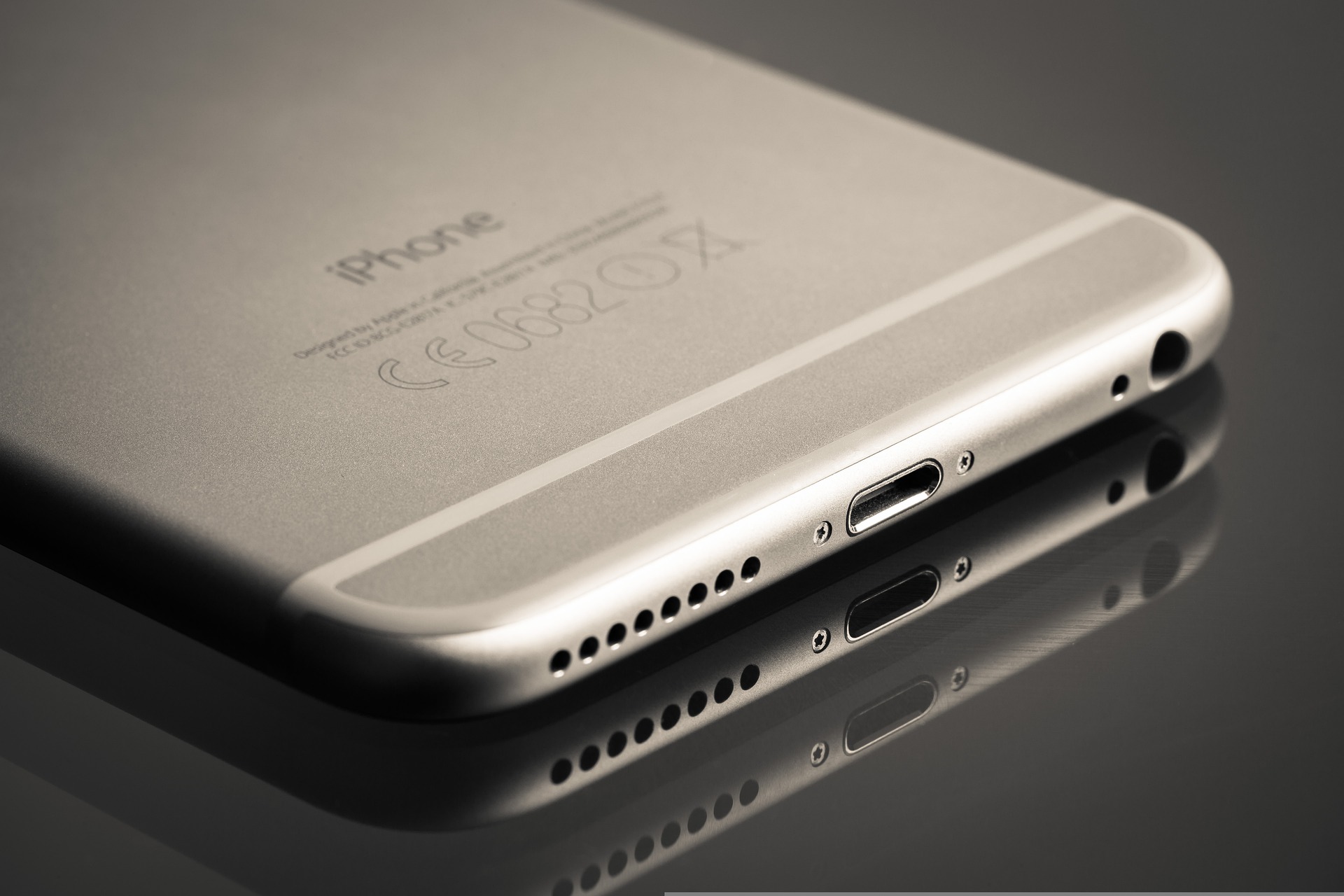The European Parliament voted this week to require makers of computers, phones and other electronic devices to adopt USB-C charging. The requirement applies to phones by 2024; computers and other devices must use USB-C by 2025. That mandate would hit Apple the hardest because the company uses the proprietary Lightning connector in all of its current iPhone models.
Tech expert Omar Gallaga says Apple’s continued use of Lightning – while the industry moved to USB-C – has been a sore point for many iPhone users, as well as governments trying to reduce e-waste. But Apple clearly would rather not change just yet.
Highlights from this segment:
– Apple has resisted switching to USB-C for the iPhone, though the company has adopted the standard on some high-end iPads, as well as on its laptop offerings.
– The EU believes requiring all device makers to use USB-C will result in the need for fewer chargers, meaning less electronic waste.
– Brazil has passed a law requiring Apple to include a charger with its iPhones. The company has previously stopped including chargers, citing the waste associated with the ubiquitous bricks.














